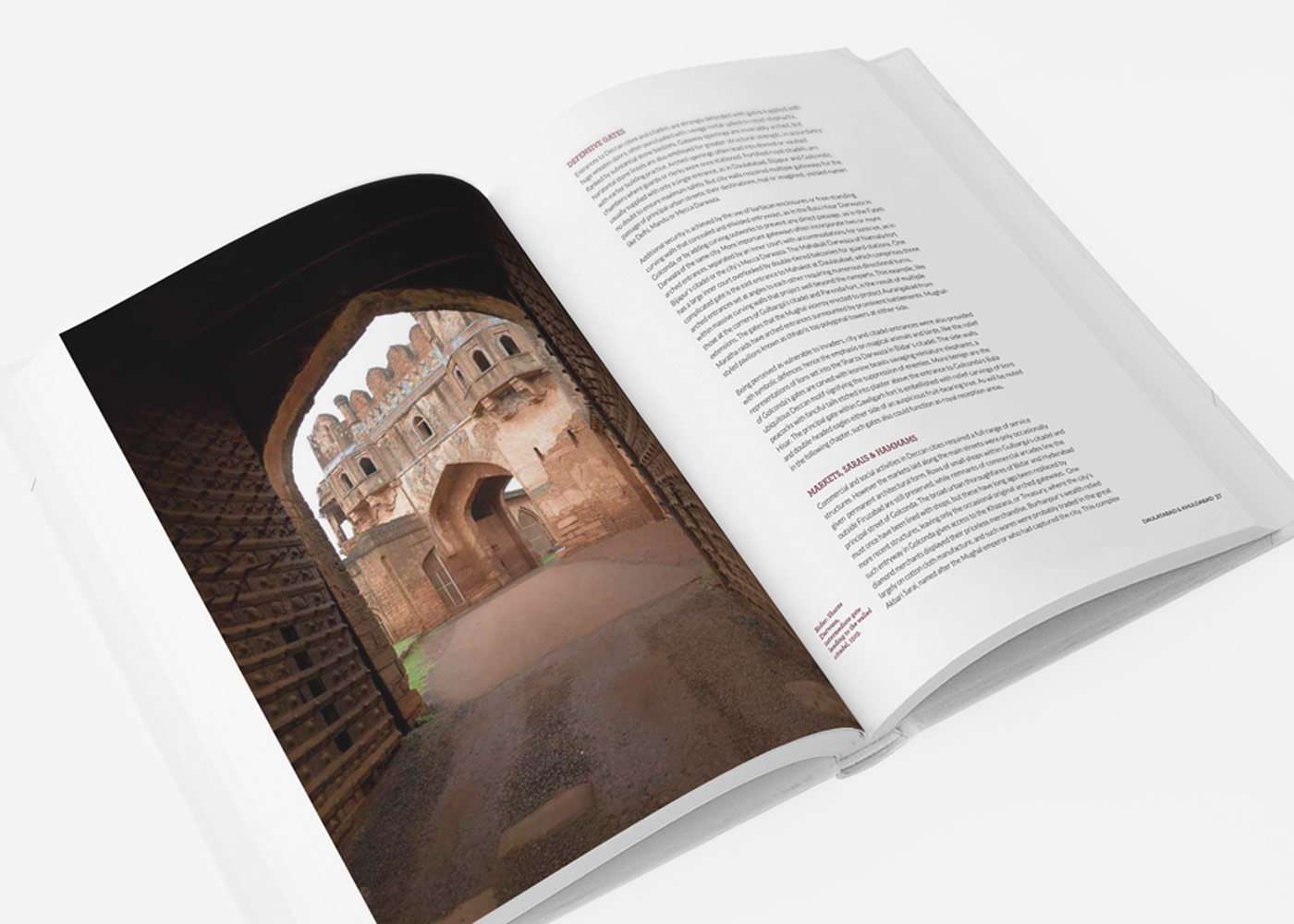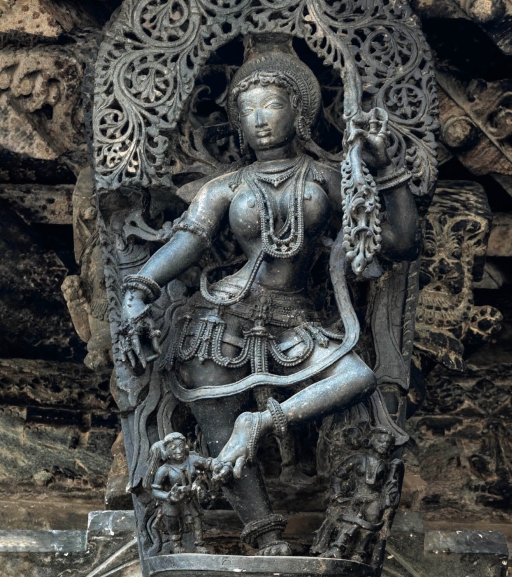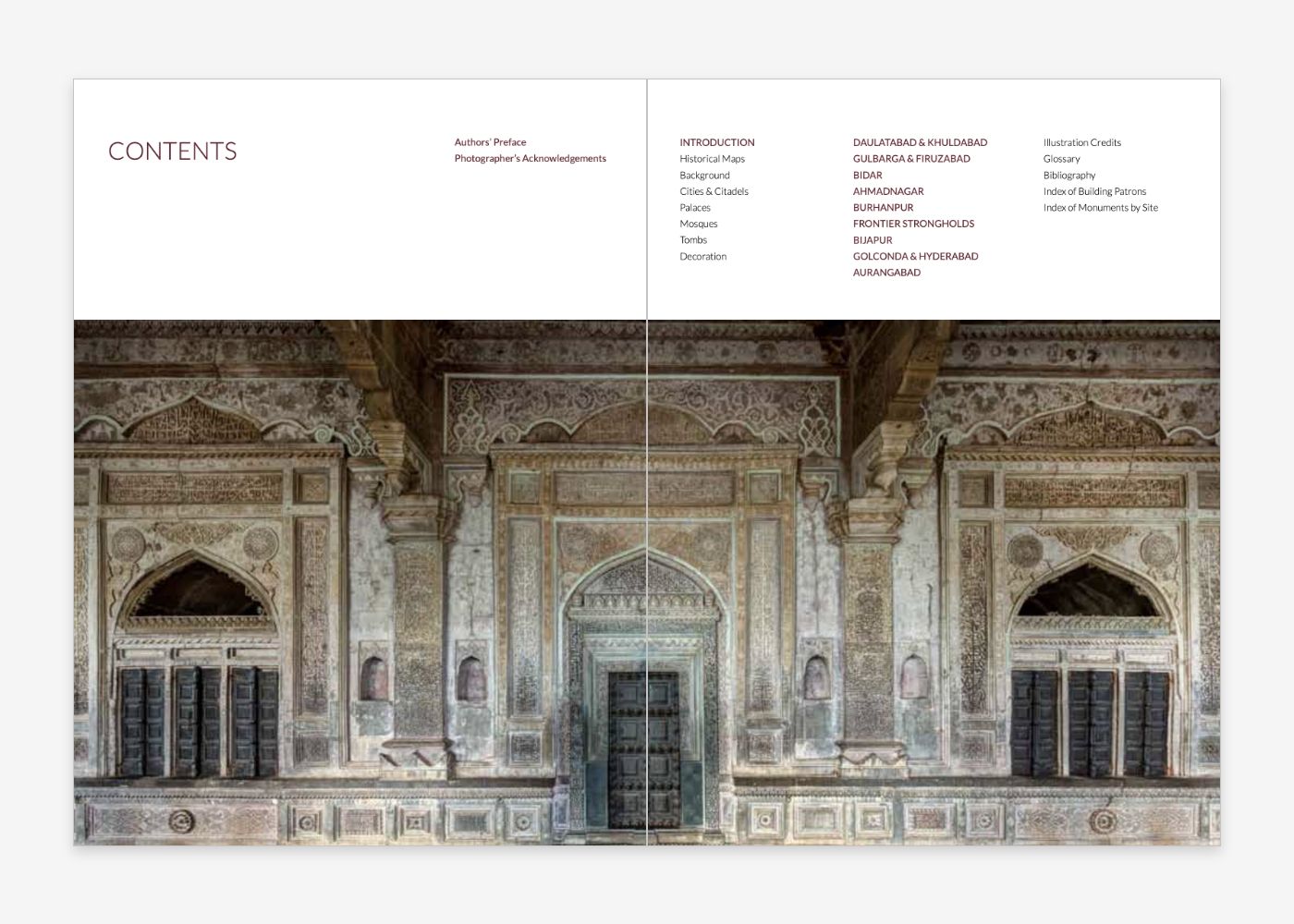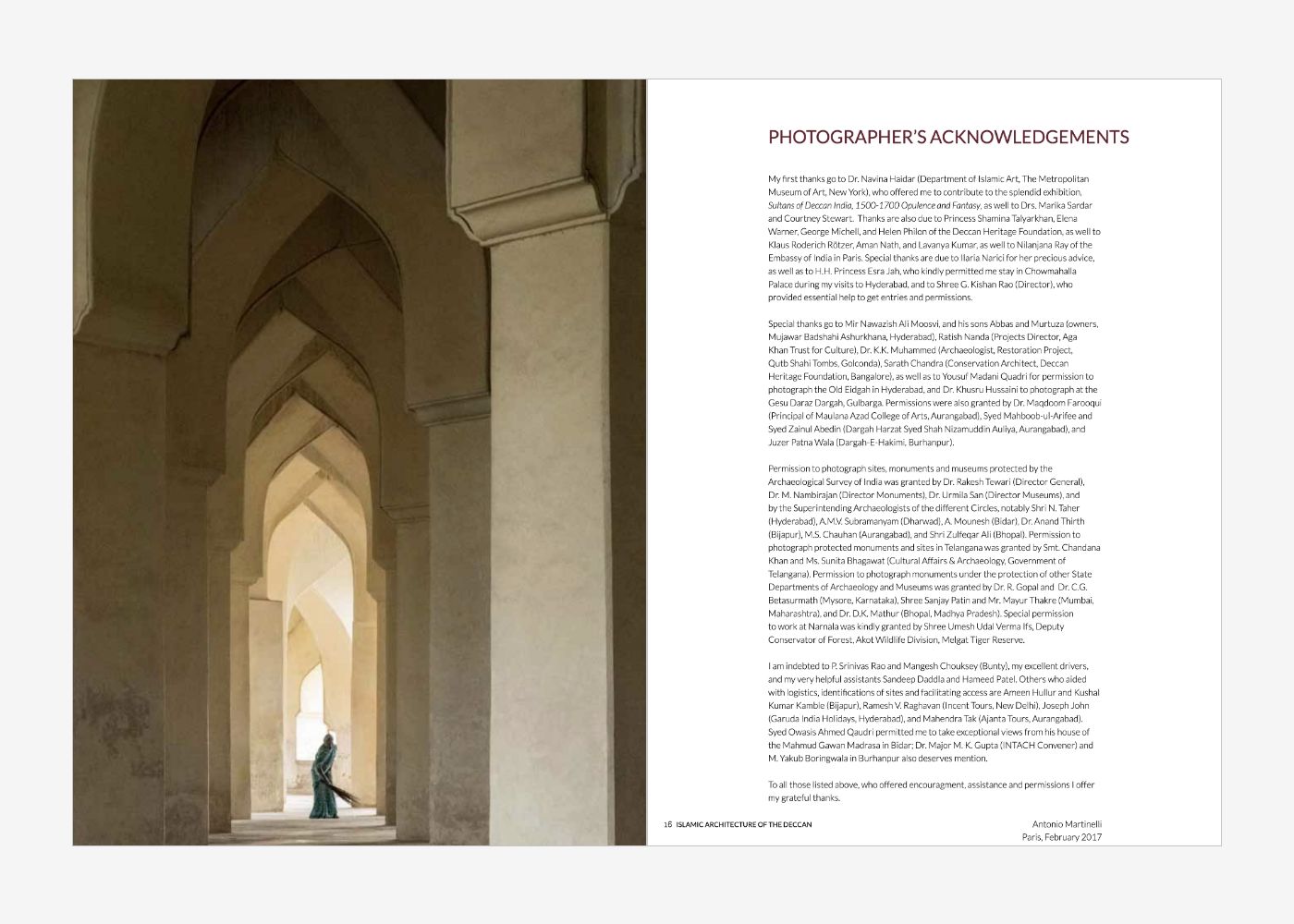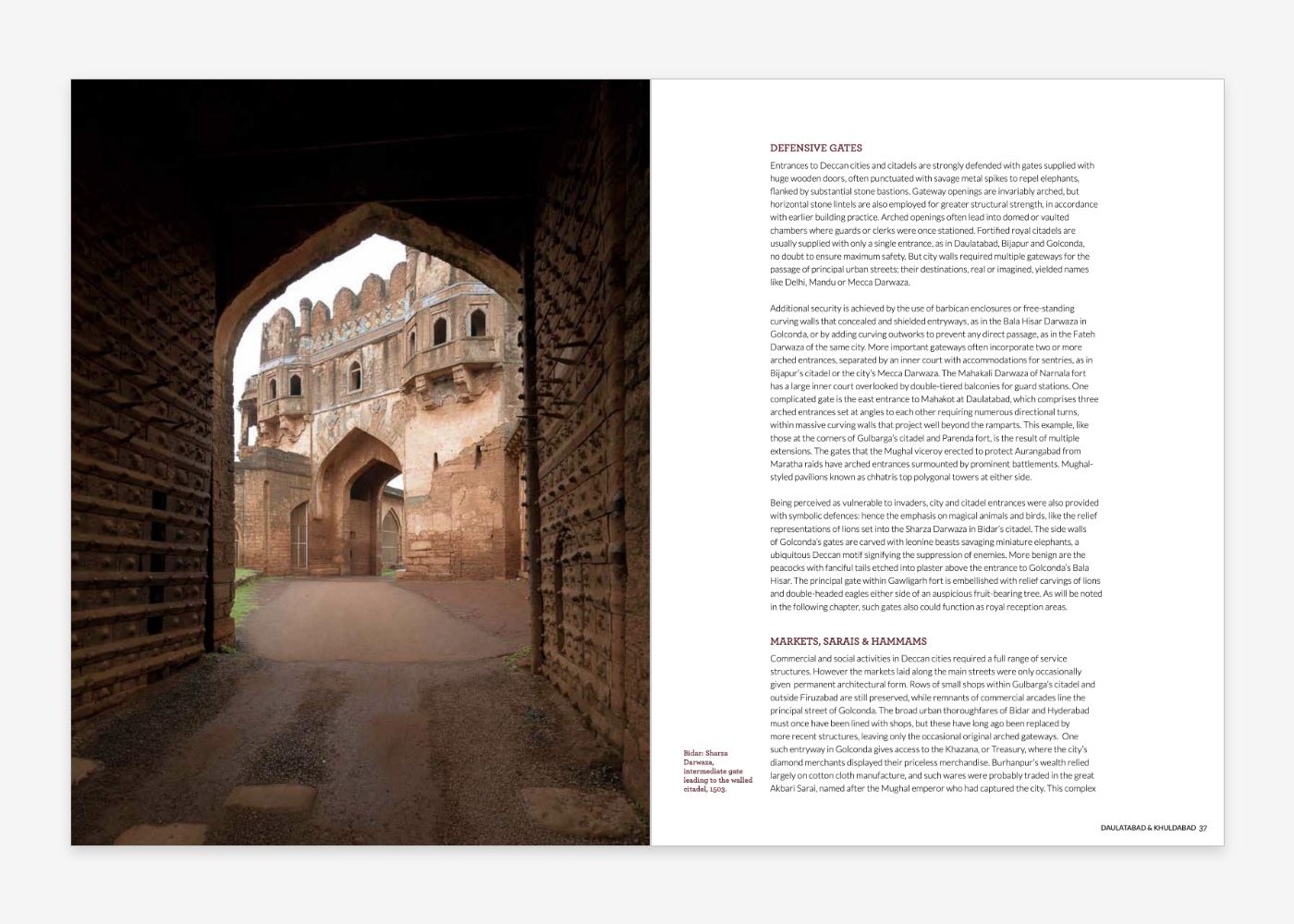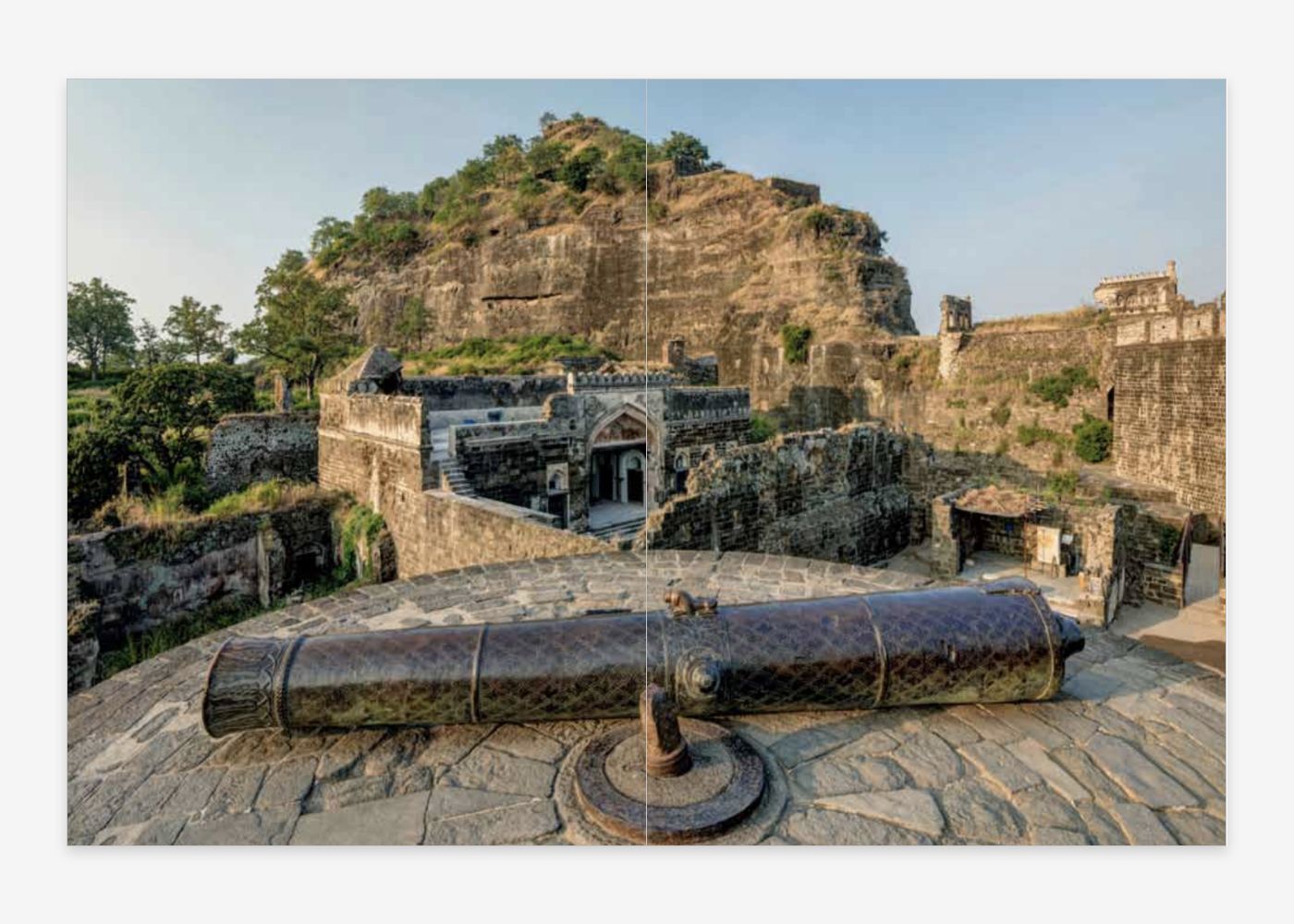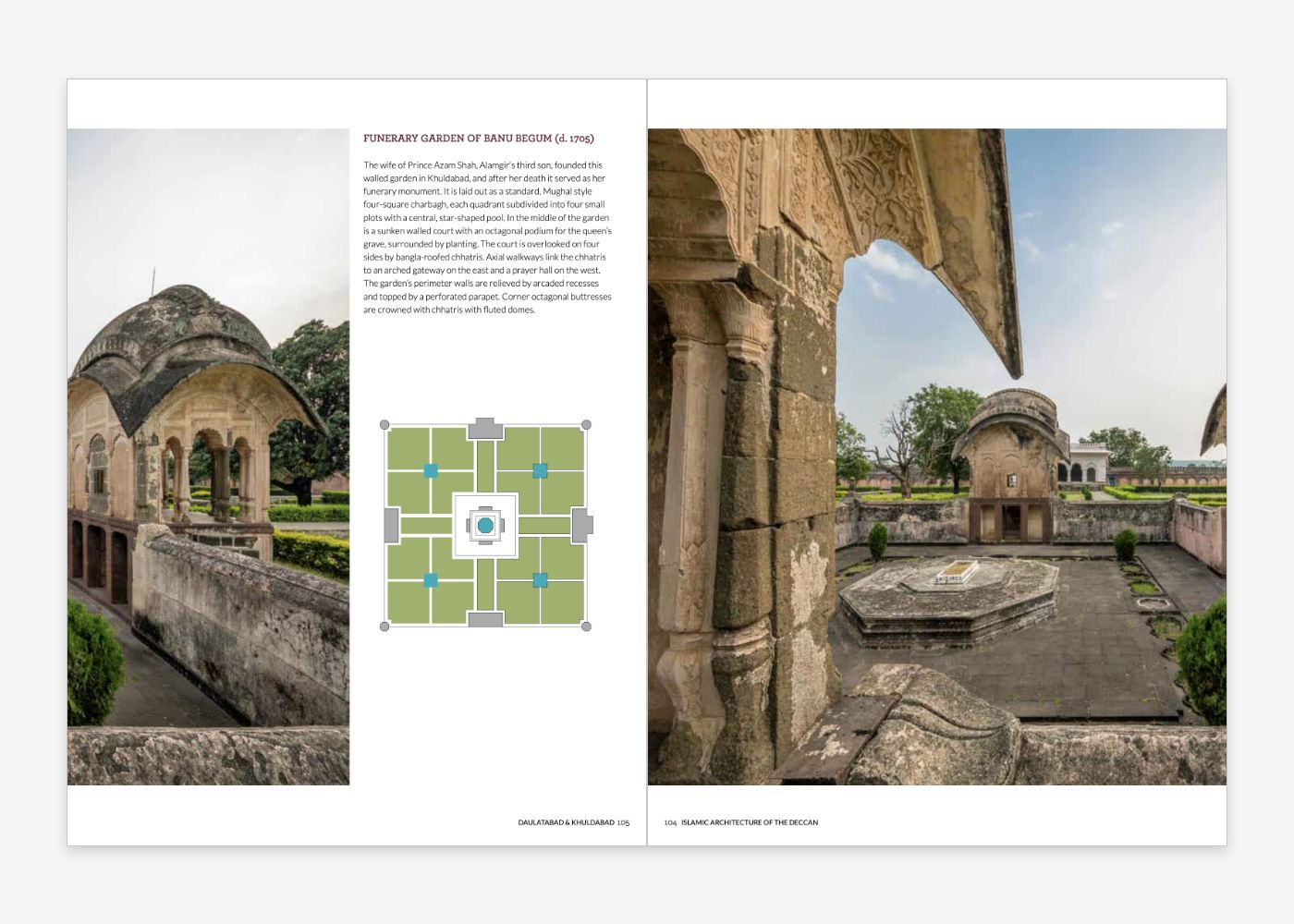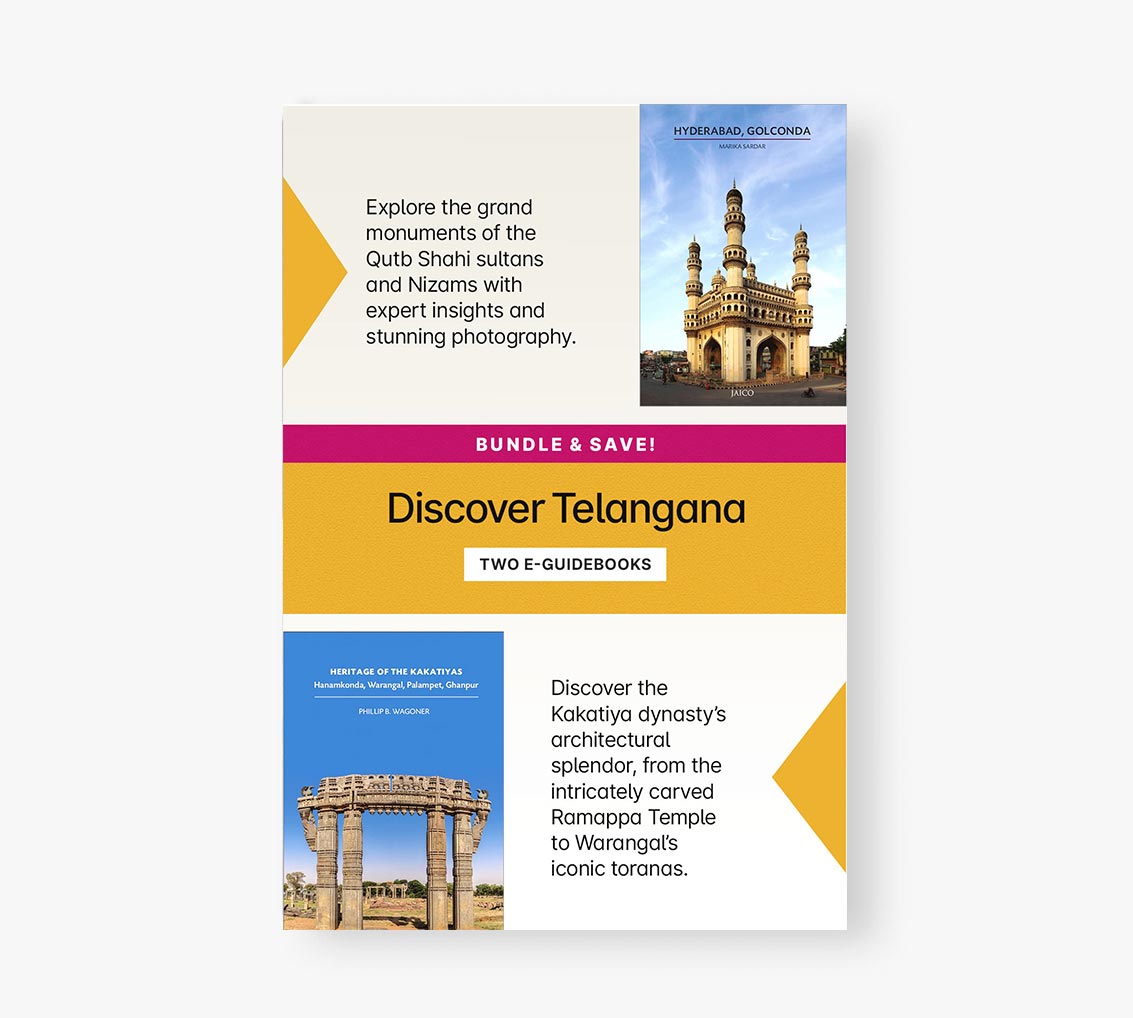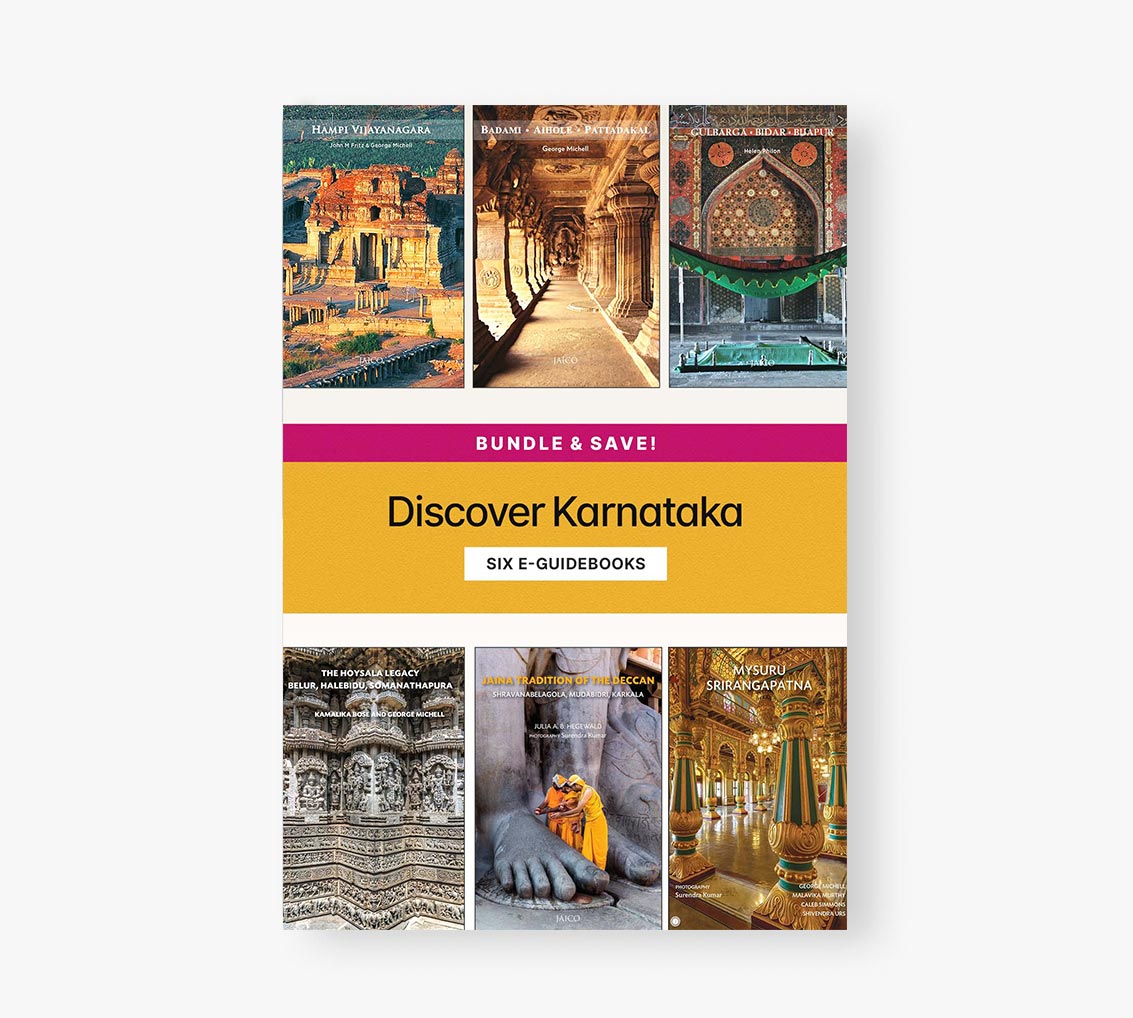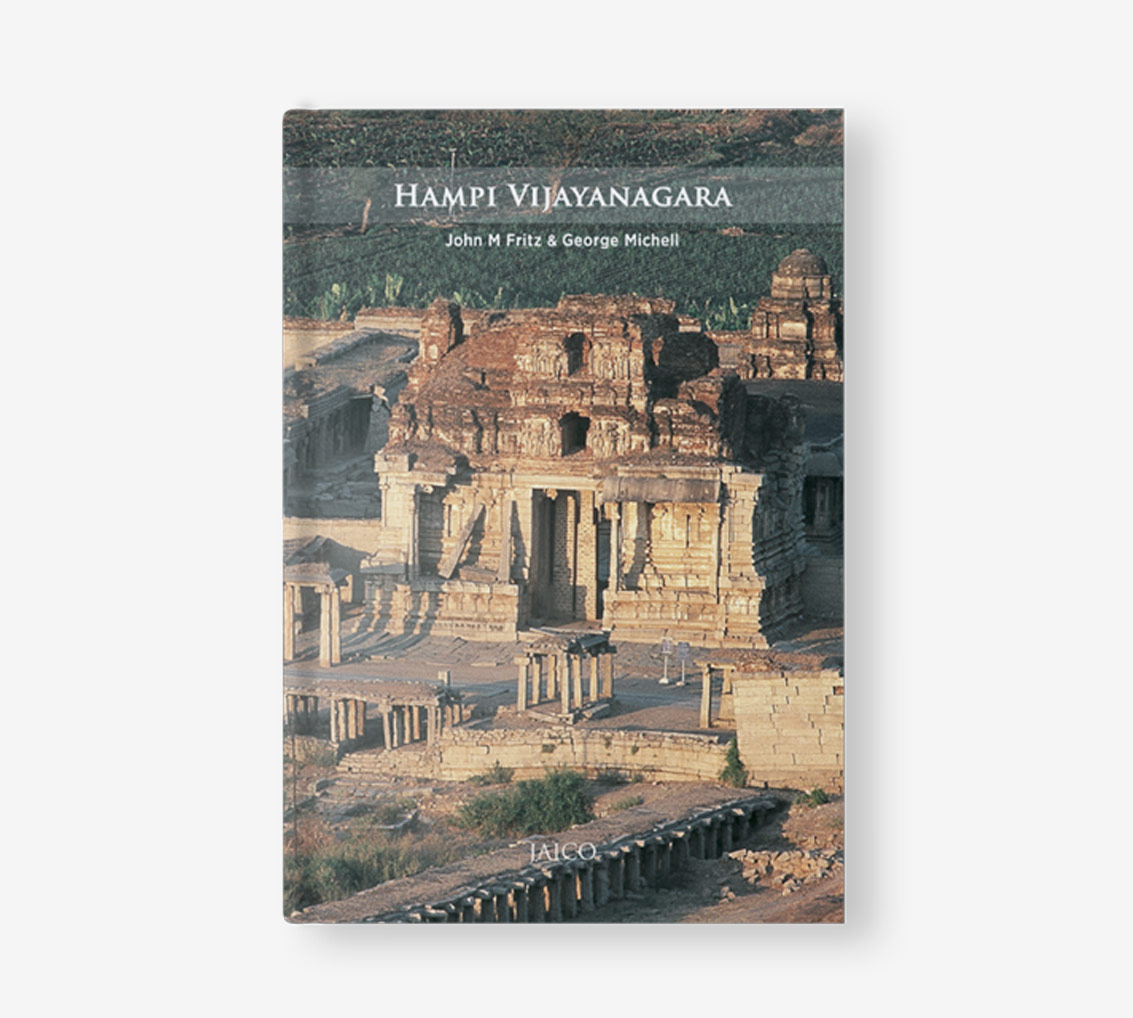Islamic Architecture of Deccan India
Book
The buildings erected in the Deccan region of India belonged to a number of pre-Mughal kingdoms that reigned in the Deccan from the mid-fourteenth century onwards. The monuments testify to a culture where local and imported ideas, vernacular and pan-Islamic traditions fused and were re-interpreted, to create a majestic architectural heritage with exceptional buildings on the edge of the Islamic world. Many are still standing — yet, outside this region of peninsular India, they remain largely unknown.
General publications on Indian Islamic architecture usually devote a single chapter to the Deccan. Even specialist monographs can only cover a portion of the region, due to the sheer number of sites. While it is impossible to encompass the full breadth of the subject in a single volume, this book aims to embrace the visual diversity of the Deccan without sacrificing the rigour of academic study. Structures of historical or architectural significance are placed in their context, as the authors discuss building typologies, civic facilities and ornamental techniques, from plaster and carved stone to glazed tiles and mural painting. A chapter is dedicated to each principal Deccan site, interweaving the rise and fall of these cities with a pictorial journey through their ruins, and each building is accompanied by an overhead plan view.
Details
Author(s)
George Michell
George Michell obtained his PhD from the School of Oriental and African Studies, University of London, for his dissertation on early-Chalukya temple architecture. Since then his research has ranged from surveys of town planning and Islamic buildings to studies of Hindu temple architecture and sculpture. During the 1980s and 1990s, he and Dr. John M. Fritz co-directed an extensive survey of Hampi-Vijayanagara.
Among his many publications are: The Royal Palaces of India, Hindu Art and Architecture, The Great Temple at Thanjavur, Mughal Architecture and Gardens, Late Temple Architecture of India, 15th to 19th Centuries and, together with Helen Philon, Islamic Architecture of Deccan India.
Helen Philon
Helen Philon is an archaeologist, scholar and lifelong academic with an MPh in Pre-Islamic Art from the School of Oriental and African Studies, University of London; and wrote her PhD thesis on Bahmani architecture in the Deccan at the same institution. She has worked in the Middle East and South Asia, travelling extensively throughout these regions, and published a long list of works on architecture and ceramics.
